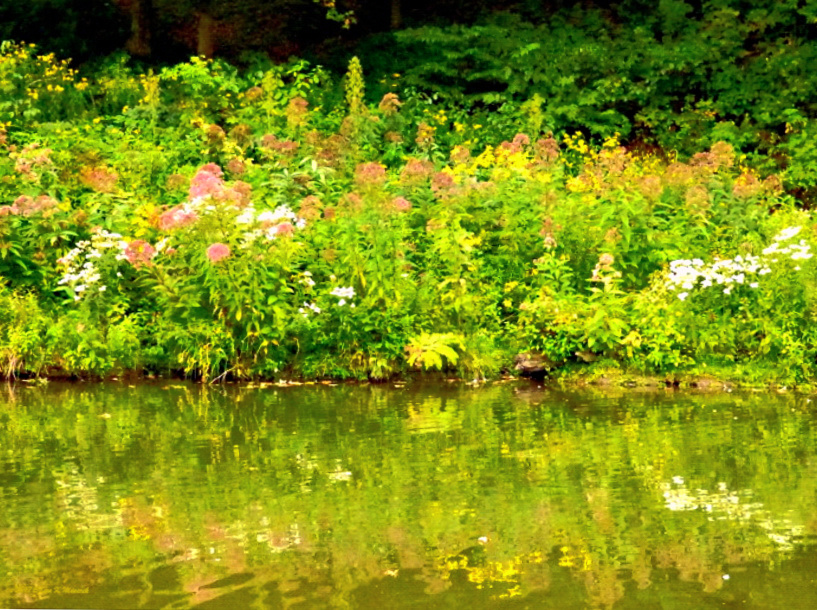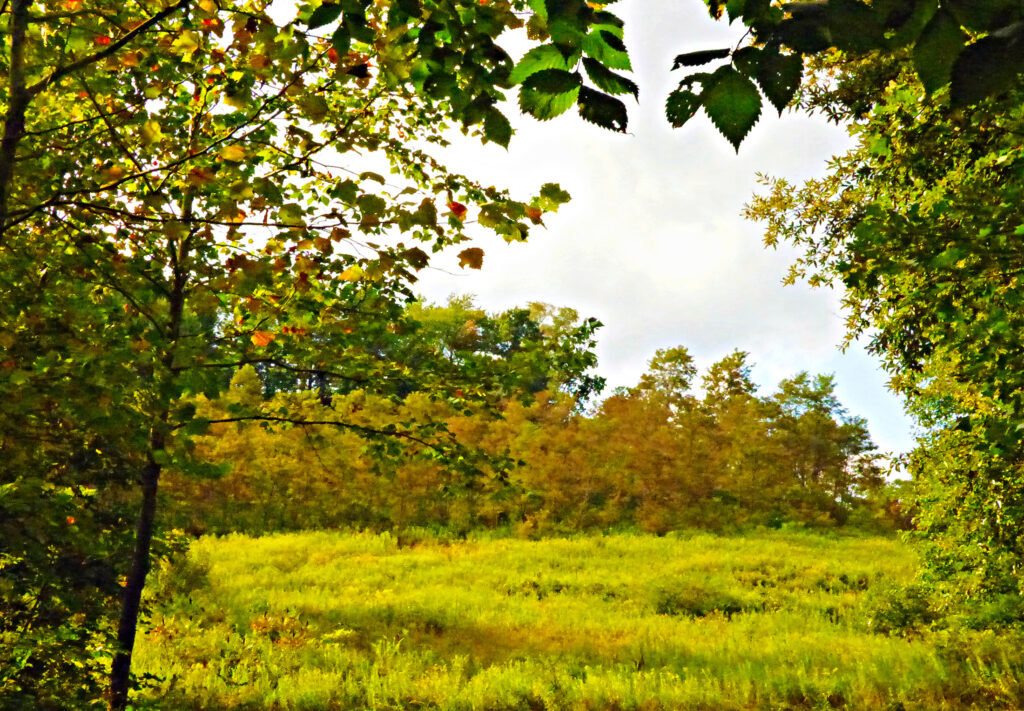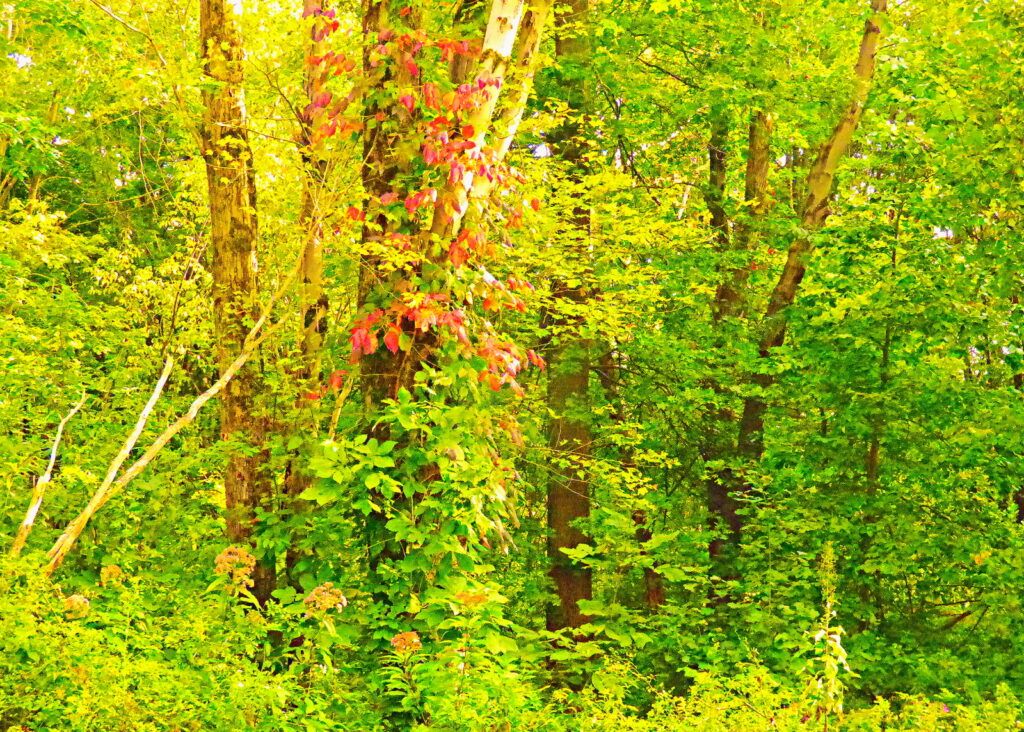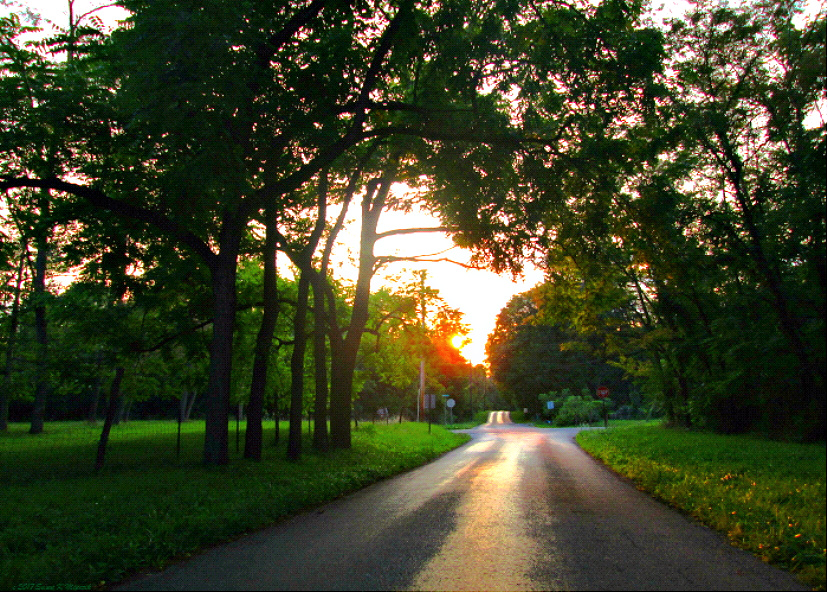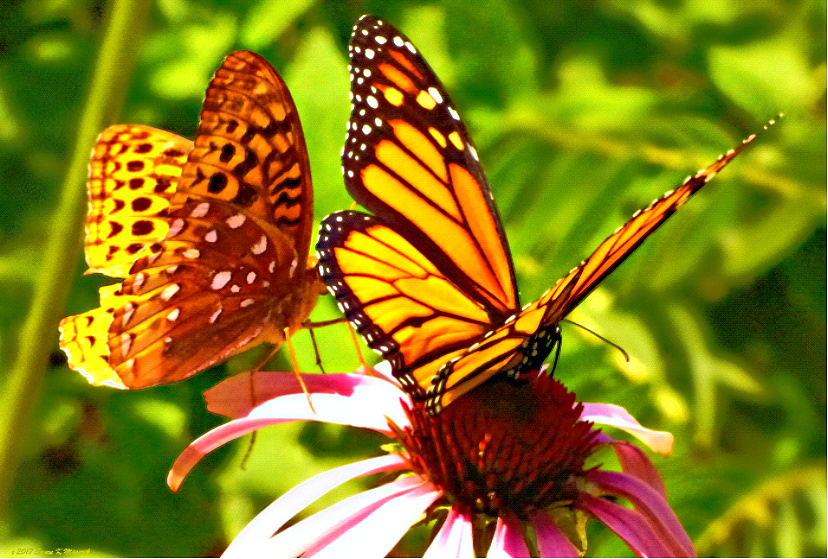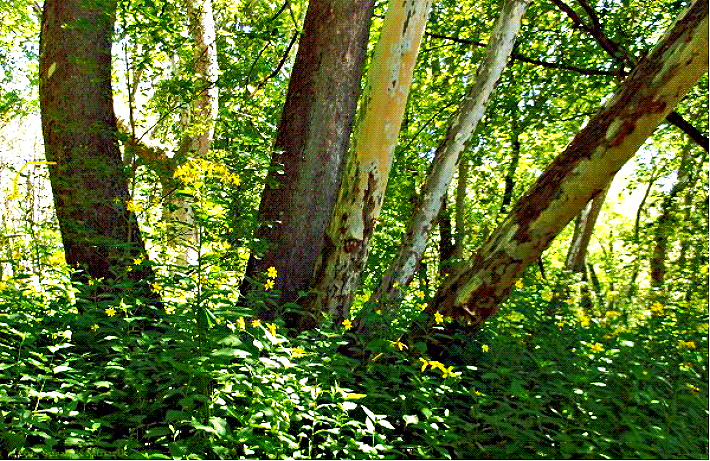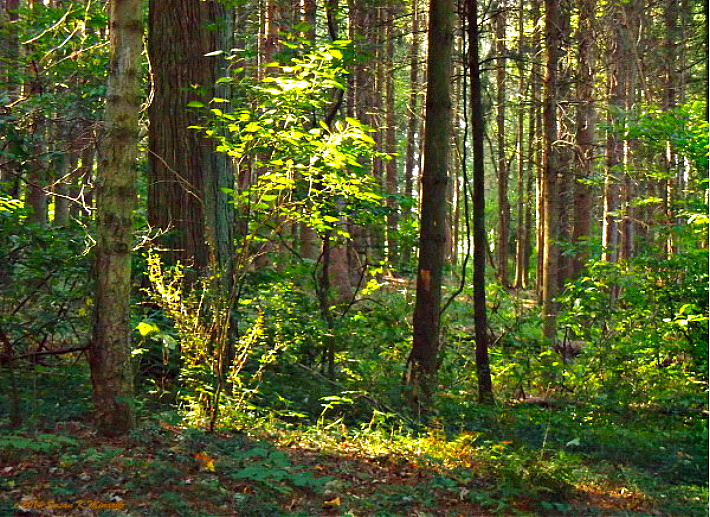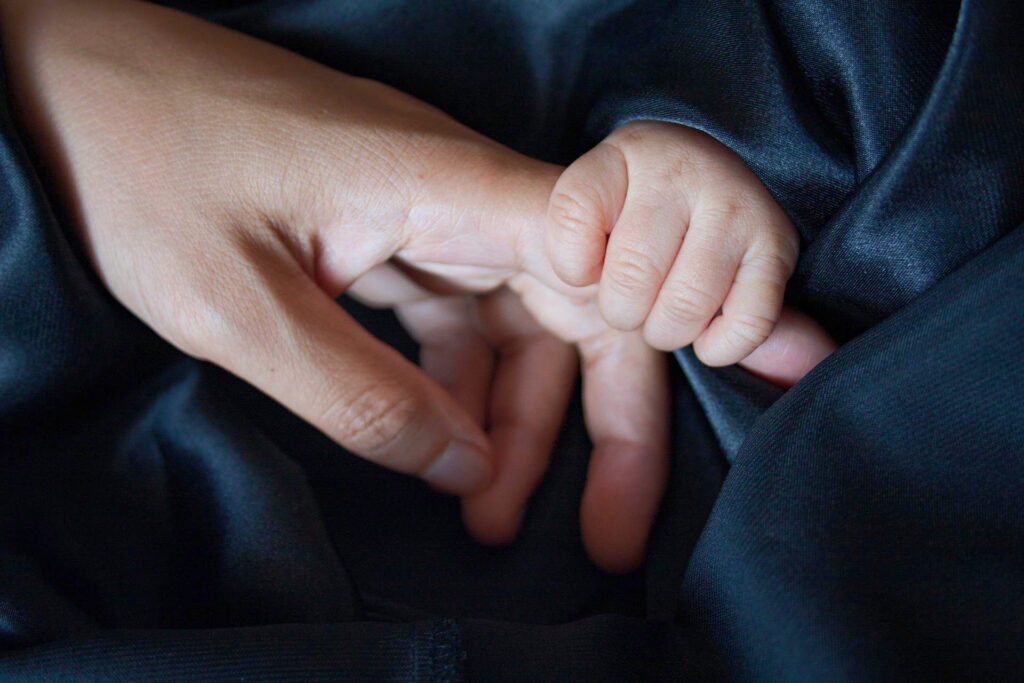
One night this week I happened on an old interview with Neale David Walsch, author of the popular Conversations with God series. At the time of the interview, Walsch was just out with his fourth book, Awaken the Species, and he was talking about some of the main concepts it covers.
In case you’re not familiar with the Conversations series—or not even vaguely interested in reading what somebody says about God—you may find it intriguing that the first point the voice that Walsch identified as “God” had to make was, “You’ve got me all wrong.”
As Walsch pointed out in the interview, even if you’ve dismissed the idea of the existence of God entirely, if that sentence has even a smidgen of truth to it, it suggests that you may want to question what you do believe about the possibility and nature of a conscious, unimaginably vast and creative Supreme Being.
That suggestion—about questioning beliefs—prompted me to remember one of the most challenging and valuable assignments I was ever given in college. It was the final exam in a course called “American Thought and Language,” which covered significant (and often opposing) ideas that had arisen in the country from the time prior to the Revolution up to the present. The assignment was to write an essay entitled “I Believe,” in which we were to discuss a few of our personal beliefs and give our reasons for holding them.
Every now and then, I assign that essay to myself again, just to uncover the beliefs that are driving me now and to examine them. If you’re up for the challenge, I heartily recommend it. It’s very revealing.
But that’s not the main thought that I brought away from the Walsch interview. The idea that struck me most deeply was one Walsch shared when the host asked him what was the biggest piece of advice he could give people, based on his latest book. Walsch said he would tell people what he was told was the most important thing: “Your life isn’t about you. It has nothing to do with you. It’s about everyone whose life you touch and the way in which you touch it.”
My whole being breathed a sigh of awe over the profound beauty of that thought. Imagine what it would be like if each of us asked, “How can I help? What can I do to make your life easier, more comfortable, more peaceful, more pleasant?” What if we looked for ways we could give encouragement to each other? If we set out to make the environment a healthier more beautiful place? If we listened to each other more? If we looked more into each other’s eyes? If we looked for ways to ease another’s burden or to alleviate some of their stress? If we did our jobs knowing that they were contributing, in however small a way, to the well-being of others and took joy in that?
So that’s the thought I leave with you this week, the message that it’s all about every life you touch and how you touch it.
I wish you the insight to see what’s needed, and the generosity of spirit to give as only you can.
Warmly,
Susan
